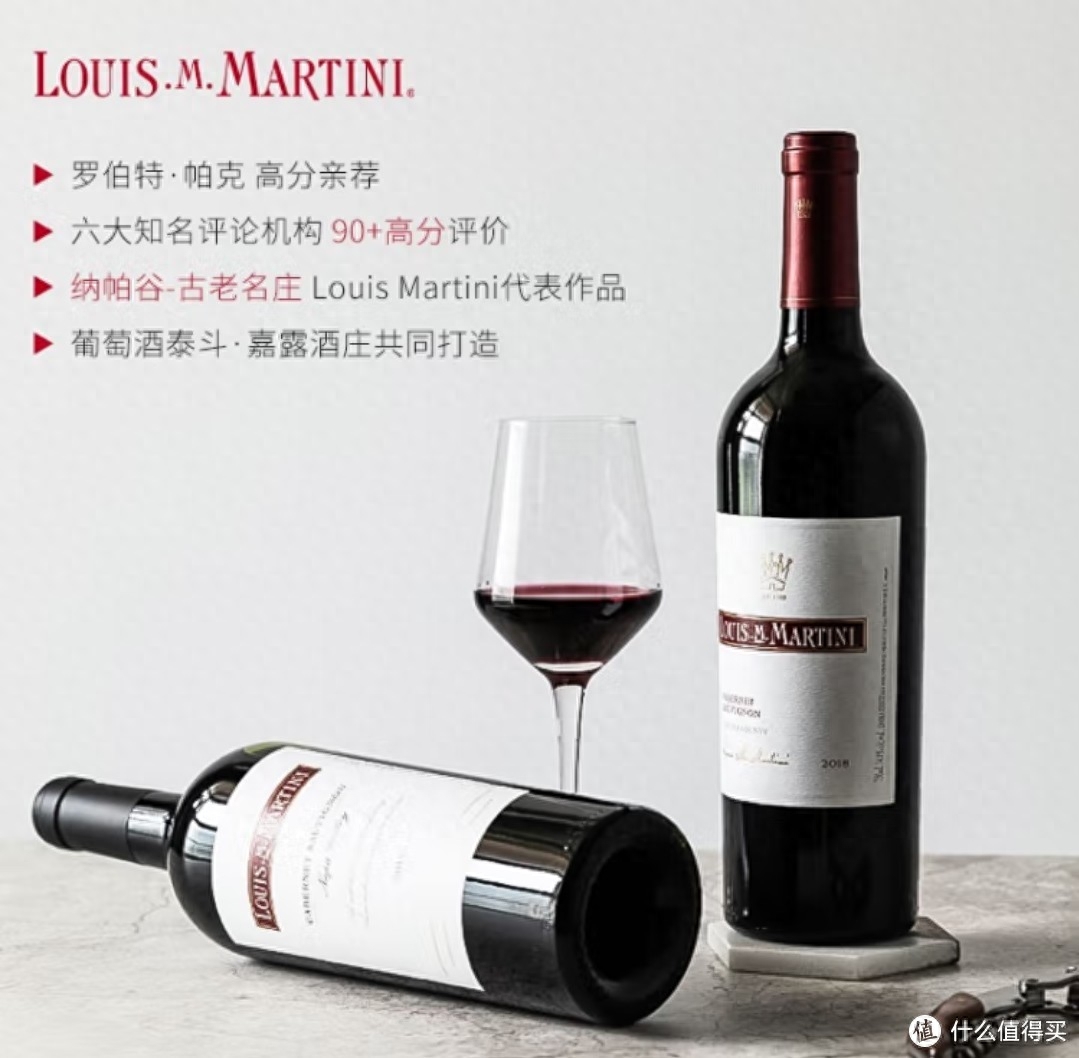新冠病毒疫情里躺枪的科罗娜啤酒
科罗娜(Corona)是墨西哥莫德洛集团(Grupo Modelo)旗下的一个著名啤酒品牌,属于比尔森啤酒种类。“Corona”(科罗娜)一词源于拉丁语,意为“王冠”。科罗娜是最为知名及销量最大的啤酒品牌之一,尤其是在欧美及大洋洲地区。在美国,科罗娜多年来是销量最大的进口啤酒品牌。
2019冠状病毒病疫情期间,由于Corona与冠状病毒(Coronavirus)名称相近,公司业务大受打击。2020年4月3日,莫德洛集团宣布,科罗娜啤酒暂停生产。但二月份的时候,科罗娜啤酒的销量反而上涨过5%。
Americans Say They Won’t Drink Corona Beer Because of Coronavirus. Sales Are Up 5% Anyway.
美国人说他们因为新冠病毒不会再喝科罗娜啤酒,其销量还是上升了5%。
Americans not drinking Corona beer because of the coronavirus made headlines recently. It was fodder for talk-show hosts about the collective American intellect (or lack of). Constellation Brands, the company that markets Corona beer in the U.S., shot back immediately, pointing out Corona beer sales rose 5% over the four-week period ending February 16.
最近美国人因为新冠病毒不喝科罗娜啤酒的事情上了头条。这成了脱口秀主持人谈论美国集体智商(或智商不足)的素材。在美国经销科罗娜啤酒的公司星座集团立即回击,指出在截至二月十六号的4周的期间里,科罗娜啤酒的销售上涨了5%。
Americans, it seems, aren’t as dumb as the Twitterverse made us seem. But the episode still raises the question: If 38% of Americans say they wouldn’t buy Corona beer “under any circumstances,” how are sales up 5% in the U.S.?
看起来,美国人没有推特空间上展现的那么傻冒。但这个事情仍然带来一个问题:如果38%的美国人说他们“在任何情况下”都不会购买科罗娜啤酒,那它在美国的销售怎么上涨了5%呢?
5W Public Relations, the company that conducted the survey, didn’t respond to a request for the actual survey questions. That leaves us wondering if the entire episode was a manifestation of the old saw “there are lies, damn lies, and statistics.”
5W公共关系是进行该调查的公司,并未回应获取实际问卷问题的要求。这令人猜测是否整个事件是一句老话的印证,即“世上有谎言,该死的谎言以及统计结果”。
The original news release from February 27 says 5W conducted phone surveys with 737 American beer drinkers. The survey made three claims. First, “38% of Americans wouldn’t buy Corona under any circumstances now.” Next, “Among those who said they usually drink Corona, only 4% said they would stop drinking Corona, but 14% said they wouldn’t order Corona in a public venue.” Finally, “16% of beer-drinking Americans were confused about whether Corona beer is related to the coronavirus.”
最初发布于2月27日的消息称,5W对737名美国啤酒饮用者进行了电话调查。这项调查提出了三个论断。首先,“38%的美国人如今在任何情况下都不会买科罗纳啤酒。”其次,“在那些说他们通常喝科罗纳啤酒的人中,只有4%的人说他们会停止喝科罗纳啤酒,但是14%的人说他们不会在公共场所点科罗纳啤酒。”最后,“16%喝啤酒的美国人对科罗纳啤酒是否与冠状病毒有关表示困惑。”
In one spin of the survey results, Corona beer retained 96% of its customers. Not bad. Wall Street analysts praised retail giant Costco Wholesale (COST) in Friday research reports for retaining 90.9% of its members in the U.S. and Canada over the past three months.
一种调查结果的阐述称,科罗娜啤酒留住了96%的顾客。还不赖。华尔街分析人员在周五研究报告中称赞零售巨“头好市多批发(COST)”过去三个月在美国和加拿大留住了90.9%的会员。
Another interpretation: Non-Corona drinkers are still non-Corona drinkers.
另一种解读:不喝科罗娜的人还是不喝科罗娜。
Still, about 120 people surveyed expressed confusion about connections between coronavirus and Corona beer. Confused about what? What question were they asked, and what answers were provided? Then there is the sticky mathematical issue of adjusting for the bias inherent in people taking the phone survey. Response rates for phone surveys have plummeted over recent years, according to the Pew Research Center. Pew was looking at politics, but the problem of bias remains for any survey drawing broad conclusions when response rates are low.
不管怎么说,大约120个接受调查者表达了对新冠病毒和科罗娜啤酒之间关系的困惑。困惑于什么呢?问了什么问题,提供了什么回答?还有一个棘手的数学问题,那就是调整接受电话调查者固有偏见。根据皮尤研究中心的信息,近年来对电话调查的反馈率直线下降。皮尤关注的是政治,但当当反馈率低的时候,任何取得广泛结论的调查中都存在偏见的问题。
In the end, of course, there is no connection between the beer and the virus. A coronavirus is named for the “crown like spikes” on its surface, according to the Centers for Disease Control and Prevention. Common cold viruses are coronaviruses. The virus causing so much turmoil today is “novel Covid-19.”
当然,说到底,啤酒和并对之间没有关联。根据疾病防控中心的信息,冠状病毒是因为其表面的“冠状凸起”而被命名的。普通感冒病毒就是冠状病毒。造成今天如此混乱局面的病毒是“新型冠状病毒2019”。(译注:这里作者犯了一个错误,COVID-9被世界卫生组织称作“2019冠状病毒病”,因此指的是因冠状病毒引起的疾病而不是病毒本身。该病毒名称为“严重急性呼吸综合征冠状病毒2,即SARS-CoV-2”。)
Investors, it seems, never bought into the survey. Constellation Brands (STZ) stock is down about 6% year to date—putting it ahead of the Dow Jones Industrial Average and S&P 500, both of which are down about 10% over the same span.
似乎投资者从来没有相信这份调查。星座集团(STZ)股票年初至今下跌约6%——表现好于道·琼斯平均工业指数和标准普尔500指数,两者同期都下跌了约10%。
The Consumer Staples Select Sector SPDR ETF (XLP) is down about 4% year to date. Costco, on the other hand, is up almost 4% year to date, boosted in part by U.S. consumers shopping more at the big-box retailer, prepping for a protracted battle with the virus.
日常消费品精选行业指数SPDR EFT(XLP)年初至今下跌约4%。相比之下,好市多年初至今上涨了近4%,该提升部分是由于美国消费者更多地在这家大型零售商处购物,以准备与病毒的长期战斗。
There is nothing surprising about the relative moves of any of the stocks, indexes or ETF given the recent market volatility. Although, even that conclusion, based on numbers, is open to interpretation.
鉴于近期的市场波动性,任何股票、指数或EFT基金的相对变动都不足为奇。然而,即便是这个结论,基于具体的数字,也会有各种解读。
[注:本文部分图片来自互联网!未经授权,不得转载!每天跟着我们读更多的书]
互推传媒文章转载自第三方或本站原创生产,如需转载,请联系版权方授权,如有内容如侵犯了你的权益,请联系我们进行删除!
如若转载,请注明出处:http://www.hfwlcm.com/info/157898.html








